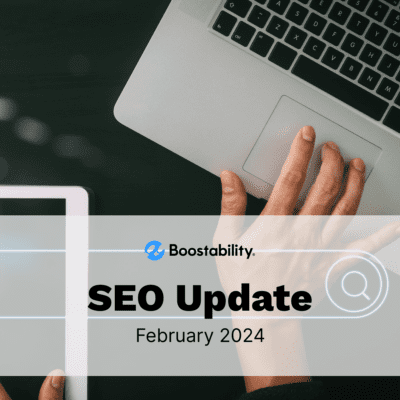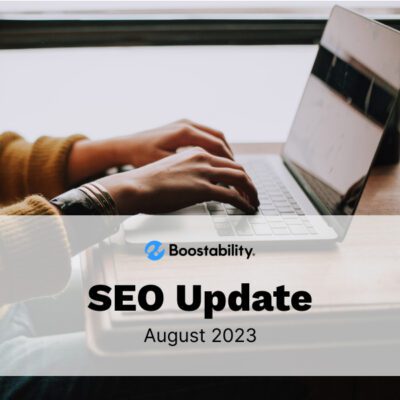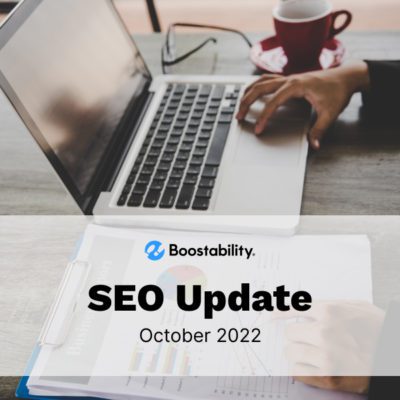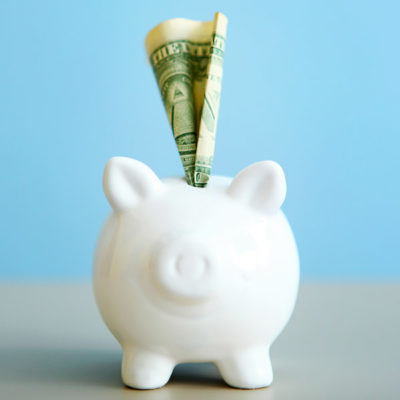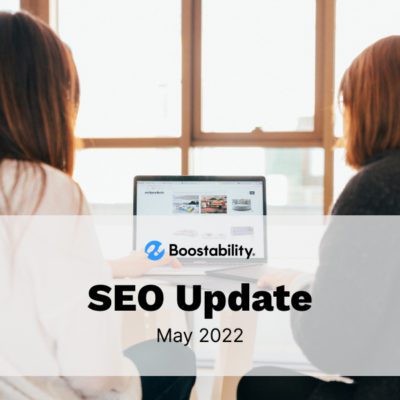It’s no secret that we live in a connected world. Technology literally changes by the day. We can now talk and communicate in ways that we’ve never had the opportunity before in history. The world has come together in the fight against COVID-19. And technology is also helping to create solutions to help us beat the virus.
Tracking the Virus
In recent weeks, we’ve seen stories of big tech companies like Apple and Google, stepping up to better track coronavirus to stop the spread of it. In April, the two companies talked about plans for new tools that could help smartphone owners track the spread of the disease. Essentially someone who has the virus would log it with an app. That app will notify others in the area through Bluetooth that they are near someone who is infected.
The Washington Post reports that these apps will be available for Apple and Android phones sometime in May. The tech companies also promised the app won’t track any user-specific locations. They also said the apps won’t reveal specific of those who contract COVID-19 to others or the government.
There’s several problems that can arise from this. First of all, if people will actually use the apps. Or if people are willing to share that data with the tech companies over privacy concerns. There’s also the continued issue of making sure everyone who wants to get tested for the virus can do so. With additional testing, all those who test positive can then report it within the app. There’s the additional issue for those who live in areas with dense populations. The app will need very precise bluetooth pinpoint mapping. Otherwise, many could get notified of a positive case nearby, even if they are within their own homes while practicing safe social distancing.
Additionally a Washington Post – University of Maryland poll found that 3 in 5 Americans are either unwilling or unable to use this infection-alert system under development.
Beyond Tracking
Beyond just tracking the virus, big tech companies like Google, Facebook, Amazon, and more have stepped up to help those in need in various capacities. Some efforts go to help small business, others have efforts helping the healthcare workers on the front lines.
- Facebook has amplified efforts to try and stop the spread of misinformation that normally runs rampant through the platform. The company has dedicated money to fact-checking services, and supporting local media outlets across the United States. In addition, Facebook has donated through grants, over $100 million to small businesses across 30 countries, and $25 to front line healthcare workers.
- Google, under its parent company Alphabet, offered millions of dollars in advertising credits towards healthcare industries and small businesses. In total, it’s nearly $1 billion dollars in free advertising going towards those hit hardest by the pandemic. Alphabet has also provided millions of masks to the CDC.
- As e-commerce continues to grow in an age of social distancing, Amazon plays a big role in the world of COVID-19. The company has donated millions of dollars to relief efforts in Europe, the United States, and the Red Cross. It’s also contributed $20 million to Amazon Web Services (AWS) Diagnostic Development Initiative to speed up research to combat the virus. There has been a lot of news surrounding the Amazon workforce at this time. But, it raised workers’ hourly and overtime pay and hired thousands of additional employees in direct response to the virus.
- Let’s not forget Apple and Microsoft who together have donated millions to healthcare research and global response efforts.
- In addition to their companies, founders and leaders like Jeff Bezos, Bill Gates, and Twitter’s Jack Dorsey have donated millions of their own wealth to places in need during this pandemic.
The Spread of Information
Today’s culture of worldwide connectivity has also fostered a culture of misinformation. Anyone can publish an opinion and it can spread like wildfire across the digital universe. We’ve seen how this causes problems during election seasons and other big news events where officials haven’t released confirmed data. And such is the case too with coronavirus.
Social media outlets like Facebook and Twitter previously have taken stances against stopping the spread of information – regardless of if it’s true or not. But in a global pandemic, both social media networks started linking to reputable sites like the CDC and WHO in news feeds and search results. Google also followed in their footsteps. On all Facebook news feeds, the company placed a coronavirus information center for anyone looking for reputable information.
The COVID-19 pandemic has started to rebuild trust in the technology industry where years of privacy scandals had previously broken it down. Salvador Rodriguez at CNBC said the following, “Facebook won’t be able to rebuild trust with the public overnight, but when the company was presented with an opportunity to rebuild goodwill by being proactive and helpful during global health and financial crises, Facebook sprung to action and seized the moment.”
As a technology company ourselves at Boostability, we’re committed to helping the small businesses we service, and protect our employees at the same time. We regularly post articles designed to help businesses during this pandemic. We also offer bi-weekly webinars called Search Sessions that give actionable insights to help businesses succeed.



